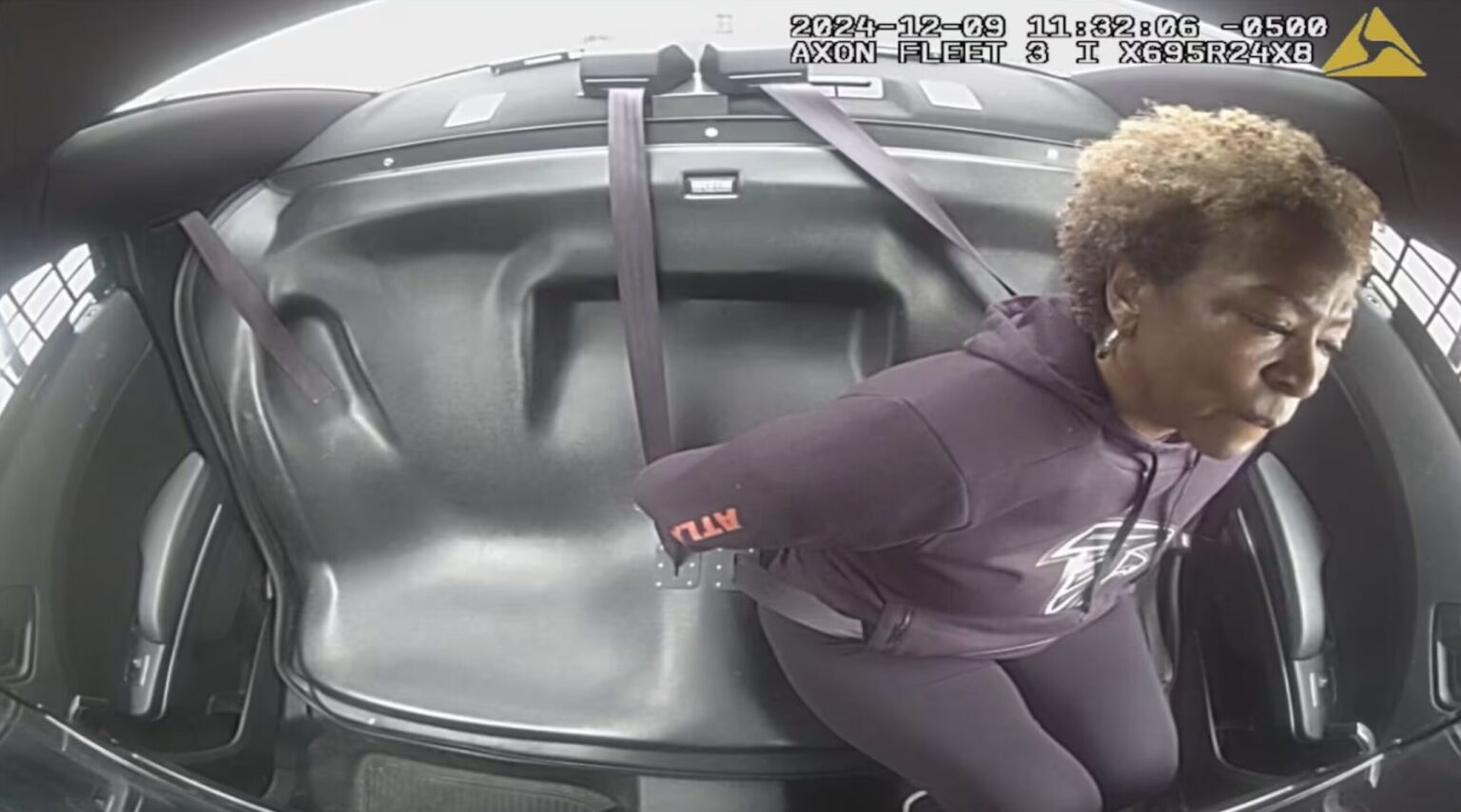In a shocking legal saga unfolding in Clayton County, Georgia, homeowner Loletha Hale faced arrest after attempting to reclaim her property from an alleged squatter, Sakemeyia Johnson. The conflict emerged when Hale discovered Johnson residing in her home without her consent, leading to a legal battle that highlighted the complexities of eviction laws and property rights. Despite being the rightful owner and having obtained a supportive ruling from a magistrate judge, Hale was arrested on charges of criminal trespass and making terroristic threats following a heated confrontation with Johnson and her associates. The situation escalated from what should have been a straightforward property reclamation, demonstrating how legal mechanisms can sometimes fail rightful owners.
The root of the conflict began in August when Hale found Johnson had taken residence in her property. Johnson claimed she had a right to be there, referencing a ruling by Judge Latrevia Lates-Johnson which controversially stated that she was not a squatter due to her connection to a previously evicted tenant’s partner. As the months progressed, Hale encountered various obstacles, including Johnson’s strategically timed bankruptcy filing to delay court proceedings. Despite these challenges, Hale eventually secured a judgment affirming her ownership of the home. The situation took a dark turn when Hale returned to her property with the belief that it was unoccupied, only to confront Johnson, leading to a volatile altercation that resulted in Hale’s arrest.
During the confrontation, Hale’s actions were deemed illegal by law enforcement officers who were called to the scene on December 9. A deputy remarked, through body camera footage, that Hale ought to consider Johnson’s perspective, suggesting that not everyone enjoys the same privileges that Hale presumably possesses. This statement drew criticism as it indicated a lack of understanding regarding property rights and the legal avenues available to homeowners in reclaiming their property from individuals living there without consent. The deputy’s comments reflected a broader societal issue in which legal rights of property owners are often overlooked, especially in favor of those who may be facing personal hardship.
The incident report prepared by law enforcement highlighted that Hale had engaged in an illegal eviction, asserting that she had forcibly removed Johnson’s belongings. During the encounter, Hale was recorded warning Johnson to leave her property, stating, “leave before I get my gun.” Such statements led to Hale’s charges, as officers confirmed that she had not obtained the necessary signed writ of possession that would legally authorize her to evict Johnson. This pivotal detail compounded the injustice experienced by Hale, who had endured a prolonged fight to regain her home but fell afoul of procedural requirements in the end.
No charges were brought against Johnson, despite her presence in Hale’s home being a violation of Hale’s property rights. This disparity in how justice was administered further aggravated the situation. Hale, reflecting on her ordeal, shared the humiliation and discomfort she felt spending a night in jail while the alleged squatter was allowed to remain in her home. The emotional toll of the encounter, along with the injustices she faced, paints a disheartening picture of the trials that homeowners can face in reclaiming their property amidst legal entanglements and squatting laws.
In conclusion, the story of Loletha Hale in Clayton County exemplifies a significant systemic challenge within the broader legal framework governing property rights and eviction processes. It serves as a critical reminder that while homeowners have rights, the enforcement of those rights is often contingent on navigating complex legal systems that can sometimes prioritize the situations of those who squat over the rights of legitimate owners. This controversy underscores the urgent need for reform in eviction laws and a heightened sensitivity to the rights of property owners to protect against unauthorized habitation.

